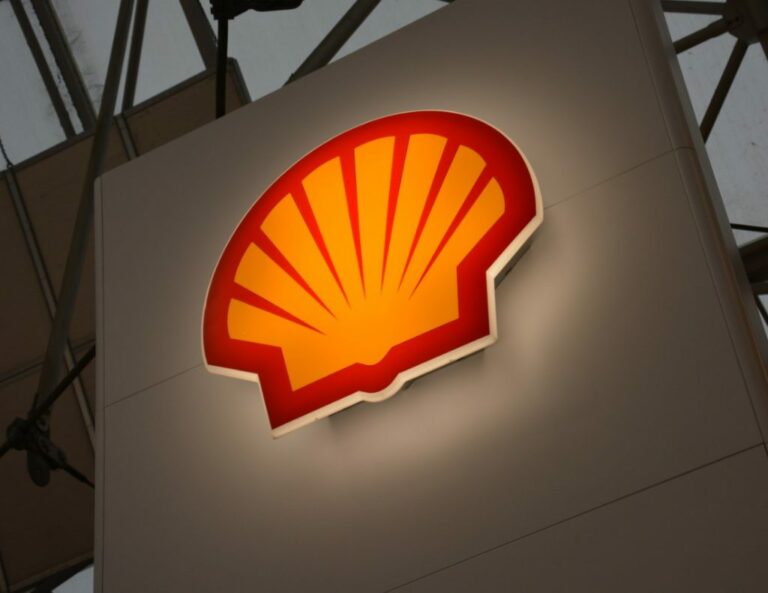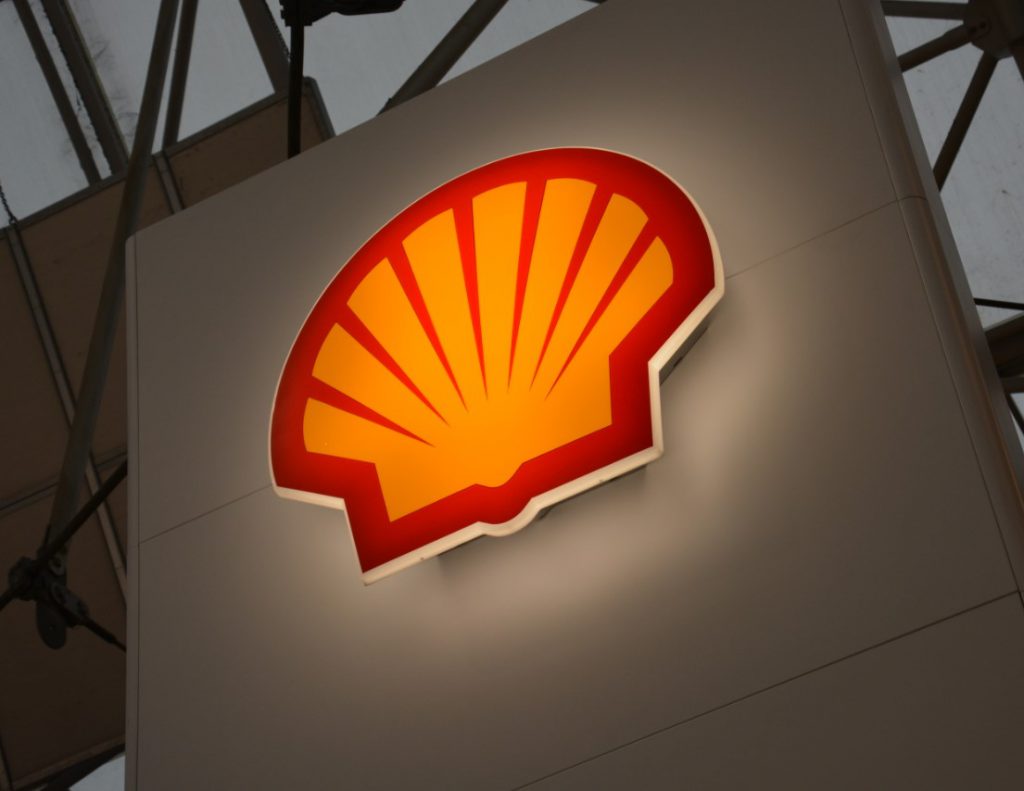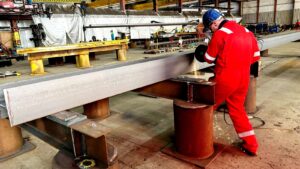Shell to ditch dual share structure and Royal designation to speed up transition
Energy major Royal Dutch Shell has moved to simplify the company’s share structure as part of a push to accelerate its transition to a net-zero company. As a result, the company will also remove the Royal designation from its name.

Shell on Monday made a proposal to simplify the company’s share structure to increase the speed and flexibility of capital and portfolio actions to strengthen its competitiveness and accelerate both shareholder distributions and the delivery of its strategy to become a net-zero emissions business.
Shell’s Chair, Sir Andrew Mackenzie, said: “At a time of unprecedented change for the industry, it’s even more important that we have an increased ability to accelerate the transition to a lower-carbon global energy system. A simpler structure will enable Shell to speed up the delivery of its Powering Progress strategy, while creating value for our shareholders, customers and wider society.”
Under the proposal, Shell intends to change its share structure to establish a single line of shares, which is simpler for investors to understand and value. The company will also align its tax residence with its country of incorporation in the UK.
Following Shell’s decision to move the office to the UK, the Dutch Ministry of Economic Affairs and Climate expressed its surprise and deep regret. The ministry also said it was in talks with Shell about the consequences of this decision on jobs, investment decisions, and sustainability. Shell, on the other hand, assured the ministry that the consequences for the personnel would be limited to the relocation of a number of executive positions from the Netherlands to the UK.
Shell has been incorporated in the UK with Dutch tax residence and a dual share structure since the 2005 unification of Koninklijke Nederlandsche Petroleum Maatschappij and The Shell Transport and Trading Company under a single parent company. It was not envisaged at the time of unification that the current A/B share structure would be permanent.
As explained by Shell, its conventional single share structure will allow it to compete more effectively. It will allow for an acceleration in distributions by way of share buybacks, as there will be a larger single pool of ordinary shares that can be bought back. Following the start of a $2 billion buyback programme in July, Shell announced in September that it will return an additional $7 billion to shareholders following the completion of the sale of its Permian assets in the United States.
Related Article
Furthermore, the single share structure will strengthen Shell’s ability to rise to the challenges posed by the energy transition, by managing its portfolio with greater agility. It will also reduce the risk for shareholders by simplifying and normalising Shell’s share structure in line with its competitors and most other global companies. The current complex share structure is subject to constraints and may not be sustainable in the long term, Shell explained.
Following the simplification, shareholders will continue to hold the same legal, ownership, voting and capital distribution rights in Shell. Shares will continue to be listed in Amsterdam, London, and New York, with FTSE UK index inclusion. It is fully expected AEX index inclusion will be maintained. Shell’s corporate governance structure will remain unchanged.
Shell’s Projects and Technology division, global Upstream and Integrated Gas businesses and renewable energies hub remain located in The Hague.
Shell removing Royal designation
Following the proposed change, Shell expects it will no longer meet the conditions for using the Royal designation in its name. As a result, subject to shareholder approval of the resolution, the board expects to change the company’s name from Royal Dutch Shell plc to Shell plc.
Mackenzie added: “The simplification will normalise our share structure under the tax and legal jurisdictions of a single country and make us more competitive. As a result, Shell will be better positioned to seize opportunities and play a leading role in the energy transition. Shell’s board unanimously recommends shareholders vote in favour of the proposed resolution.”
Mackenzie also emphasised that the simplification will have no impact on legal proceedings related to the Dutch court ruling.
“Shell is rising to meet the court’s challenge and has recently announced a new absolute emissions reduction target,” Mackenzie said.
Namely, back in October 2020, Shell set a new target to reduce its Scope 1 and 2 emissions by 50 per cent compared to 2016 levels by 2030, regardless of the outcome of its appeal against the Dutch Court’s ruling.
Related Article
The general meeting will be held on 10 December 2021 in Rotterdam, the Netherlands. The resolution to amend the Articles of Association is a special resolution that requires the approval of at least 75 per cent of the votes cast at the meeting to be passed.










